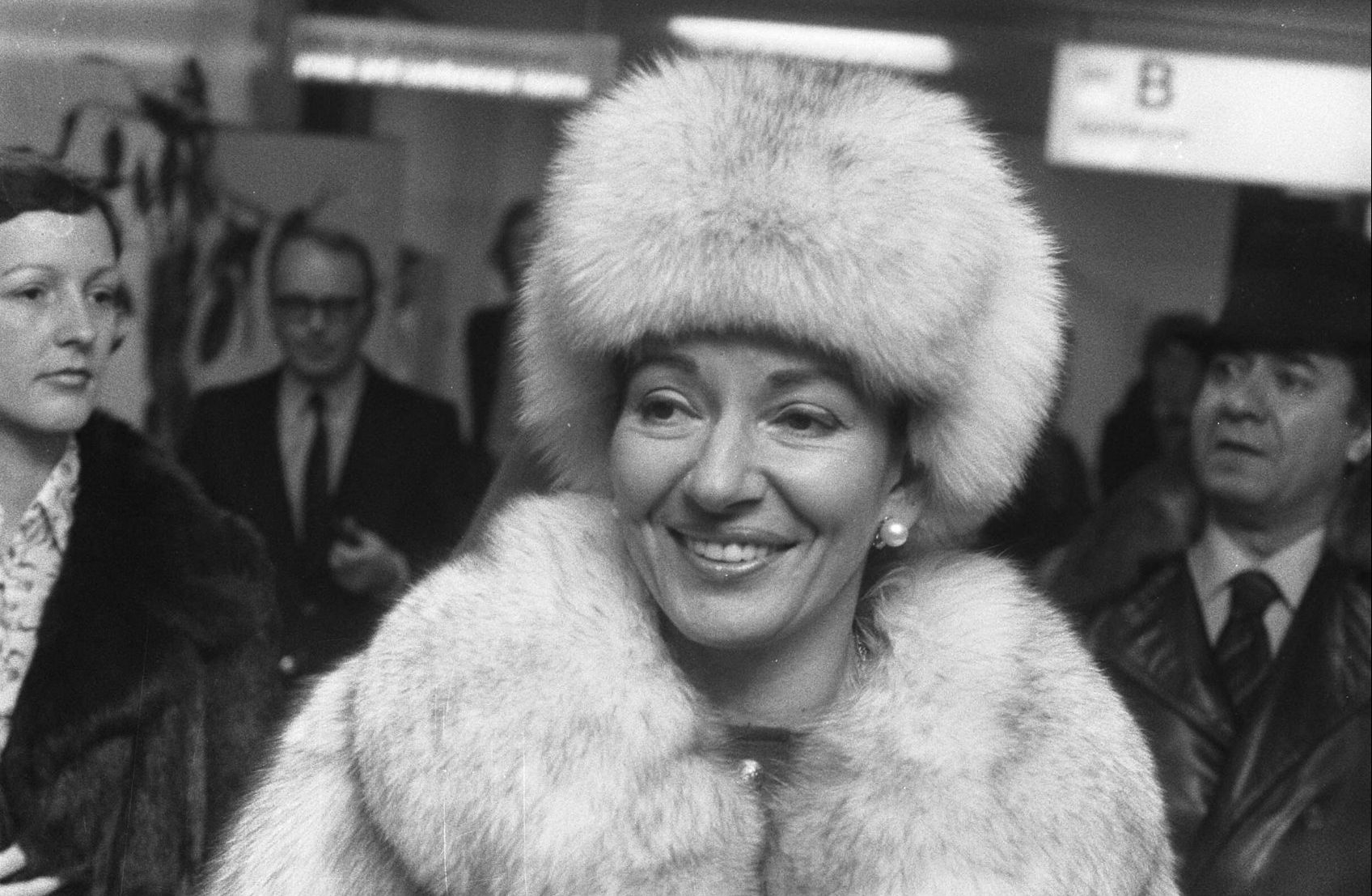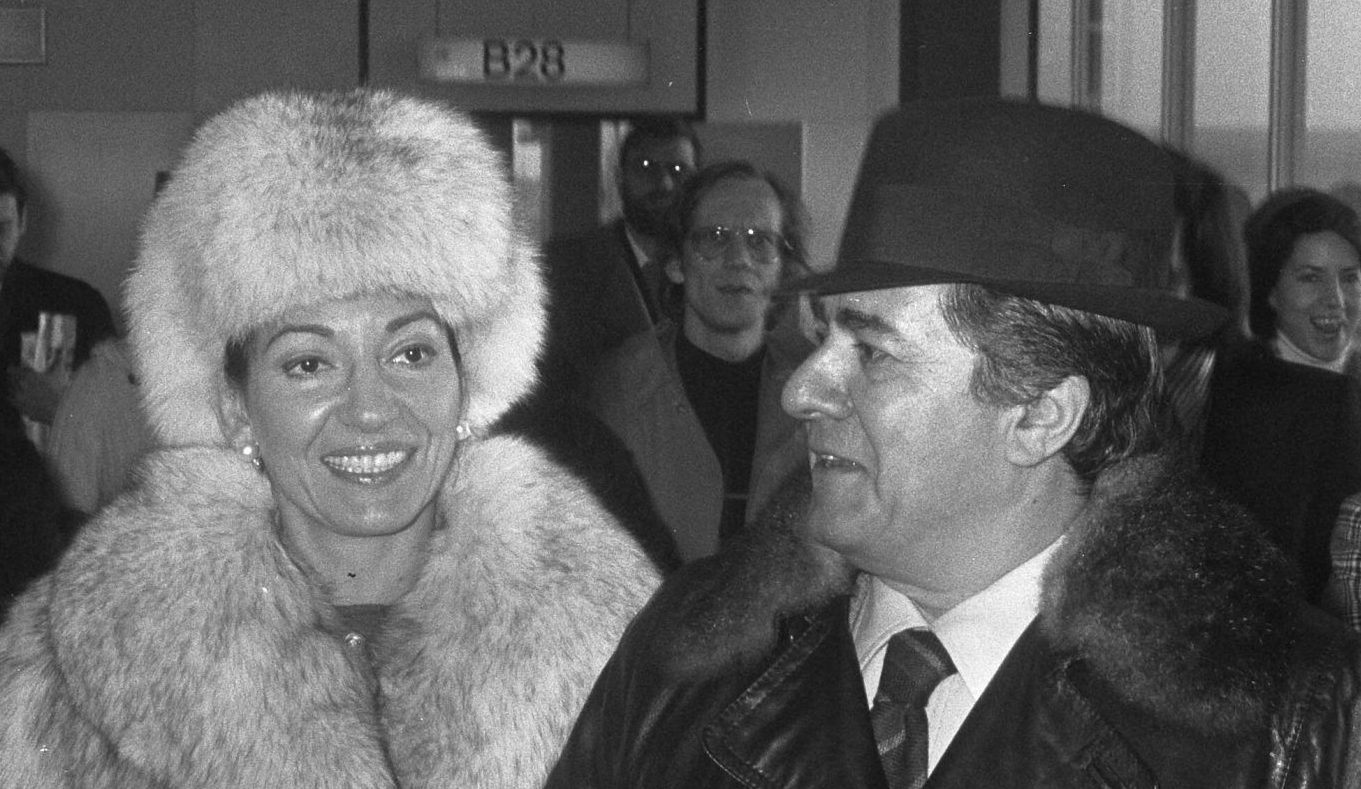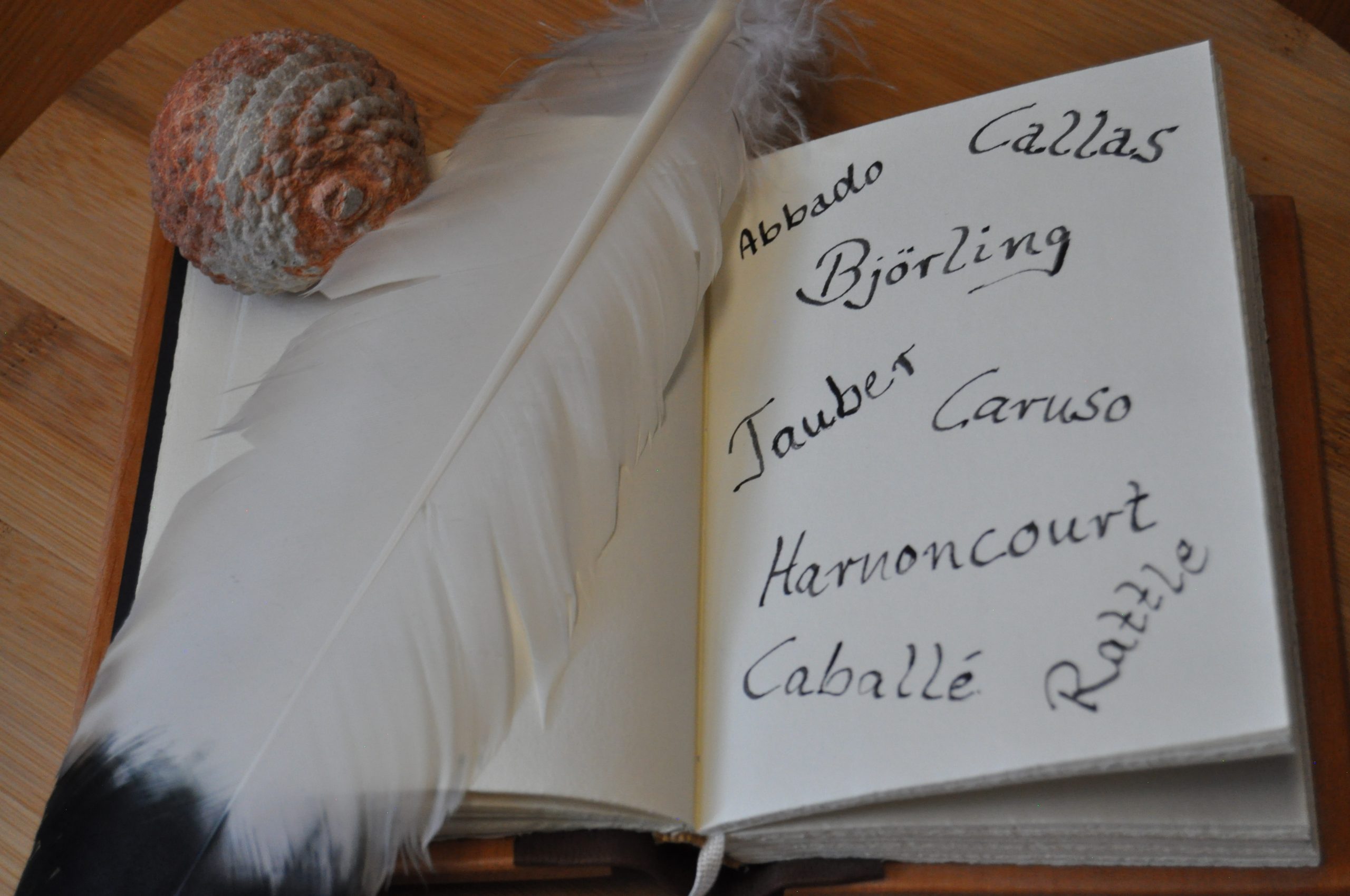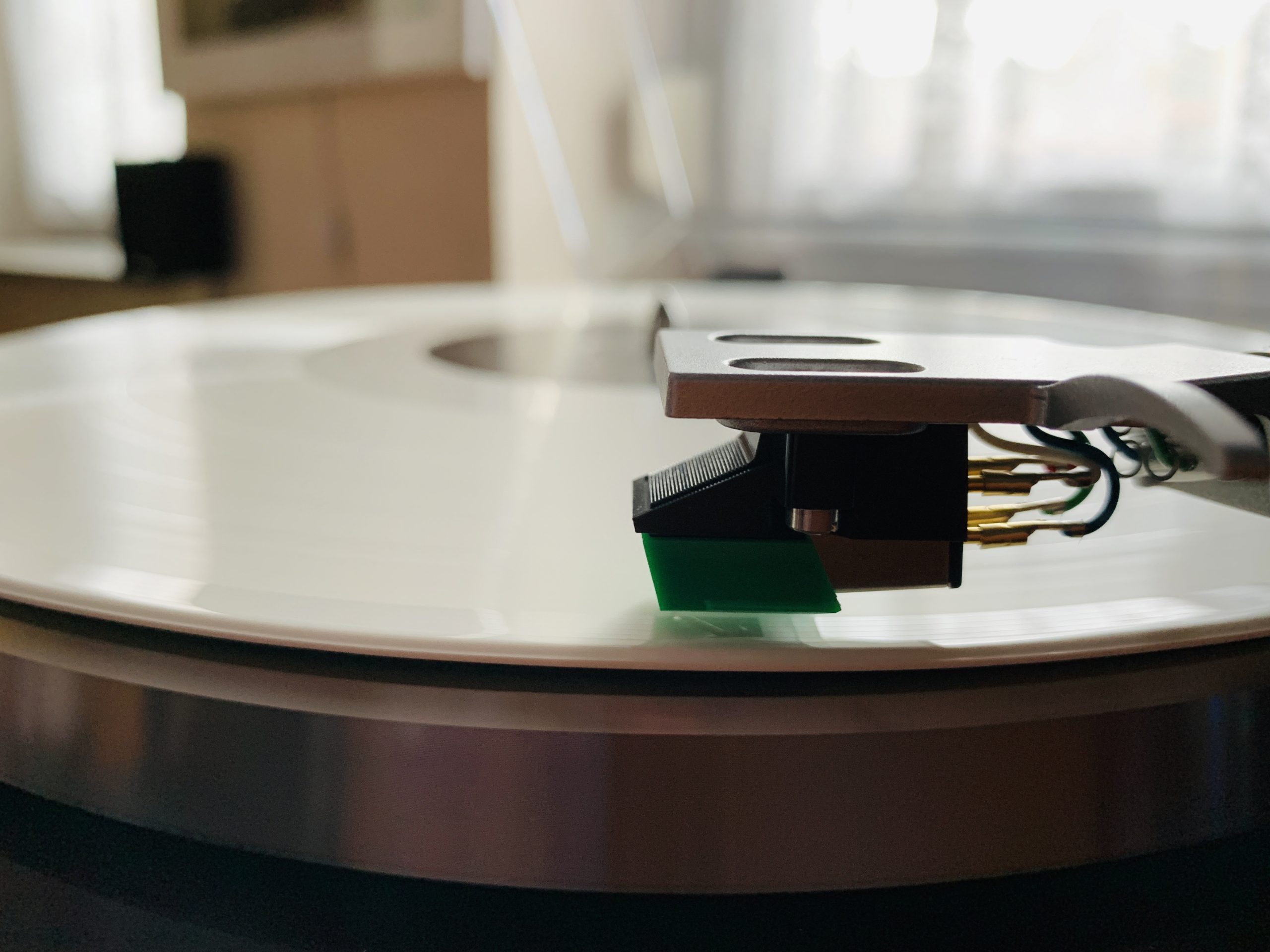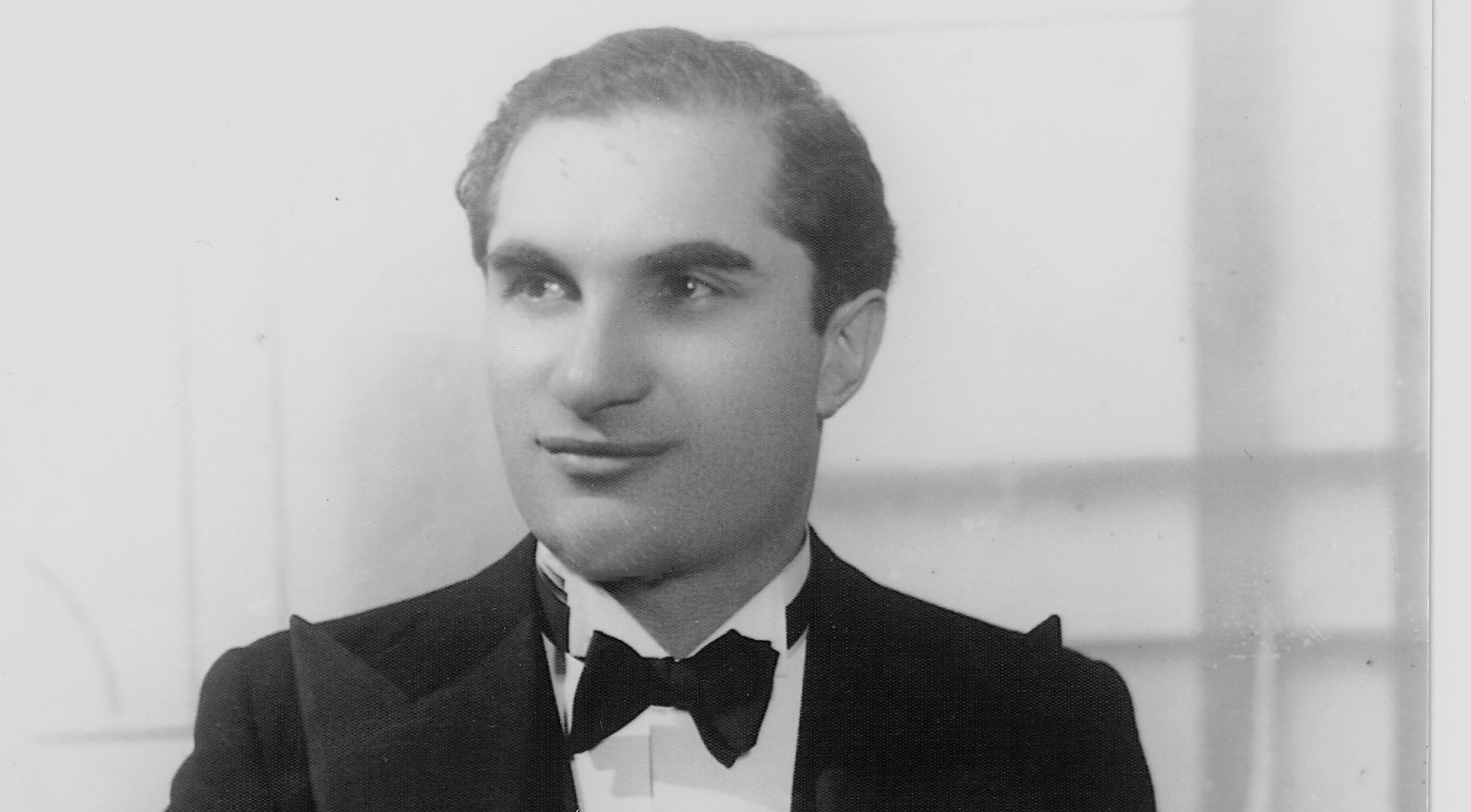Continued from part one
Birgit Nilsson’s time at the Metropolitan Opera in New York left such a strong mark on her that she devoted a separate chapter in her memoirs to the Met’s Austrian-born opera director, Rudolf Bing.
In particular, Nilsson recalled a situation in which those in charge were struggling over whether there should be a new production of the opera Der Ring des Nibelungen (R. Wagner) at the Met with Herbert von Karajan conducting.
Nilsson was hesitant about whether she would participate in the production in the role of Brünnhilde. She had already had some experience with Herbert von Karajan and was not sure she wanted to work with him again – regardless, however, Nilsson was to work with the legendary conductor several more times in her career.
Director Rudolf Bing made it dependent on Nilsson’s decision whether to bring Karajan to the Met at all with the Ring – Nilsson reminded herself that the Met at the time had not staged a production of the Ring of the Nibelung in ages, and accepted the offer. After all, she didn’t want to be the one standing in the way of a new production of an iconic piece.
Nilsson kept Rudolf Bing in her memory as one of the most capable opera directors ever. In Nilsson’s eyes, the Austrian-born director was said to have understood how to run an opera house like no other.
Birgit Nilsson was an opera singer with body and soul.
“Miracle drug”? No thanks!
One day Birgit Nilsson met a doctor who wanted to prescribe her a drug that suppressed feelings of nervousness before an opera performance so that she could concentrate fully on the artistic aspect of the performance.
Stage fright and periods of lack of concentration during an opera performance were not uncommon – are these side effects of working on stage really a burden or are these aspects simply part of stage work? Birgit Nilsson was one hundred percent sure: if a singer no longer felt nervousness before an opera performance, he might as well not do it at all.
According to her memoirs, Nilsson threw the prescription for the “miracle drug” into the nearest trash can. Consequently, for Nilsson, nervousness, the uncertainty of whether one would succeed, was an integral part of her work as an operatic soprano in any opera performance. To go on an opera stage without nervousness, that would be something like fencing, but without wanting to use a sword for it.
Birgit Nilsson was an opera singer with body and soul: she wanted to feel that on stage with every fiber of her body.
The “Mecca of music”
For Birgit Nilsson, Vienna was “The city of her dreams”: In no other city in the world did Birgit Nilsson prefer to stand on an opera stage, even if the personal idiosyncrasies of many a conductor – such as those of the legendary conductor Herbert von Karajan – gave her a hard time. But perhaps it was precisely those idiosyncrasies and peculiarities that made Vienna the special place it was in Birgit Nilsson’s eyes?
Her interpretations of Wagnerian roles remained in the extremely positive memory of the Viennese public and critics – the operatic roles Nilsson, of course, always sang in their original languages. A 1967 interview with music historian Erich Schenk in the Austrian Media Library shows that Birgit Nilsson was particularly fluent in German: this made her interpretations of the Wagner title heroines, live, as well as on record, a unique experience.
But it was not only in Vienna that Birgit Nilsson interpreted the works of Richard Wagner: very early in her career, the Festspielhaus in Bayreuth, which to this day is generally regarded by opera singers as the “Mecca of music,” took an interest in the Swedish opera soprano. Without question, the period after the Second World War was a difficult time for Bayreuth: not only did it have to face accusations of having collaborated with the regime during the Third Reich, but the Wagner clan had to master the balancing act between the preservation of Wagner’s works and the demands of the modern opera world. The fact that the Bayreuth Festival Hall was miraculously spared from bombing during the Second World War was one of the few fortunate circumstances.
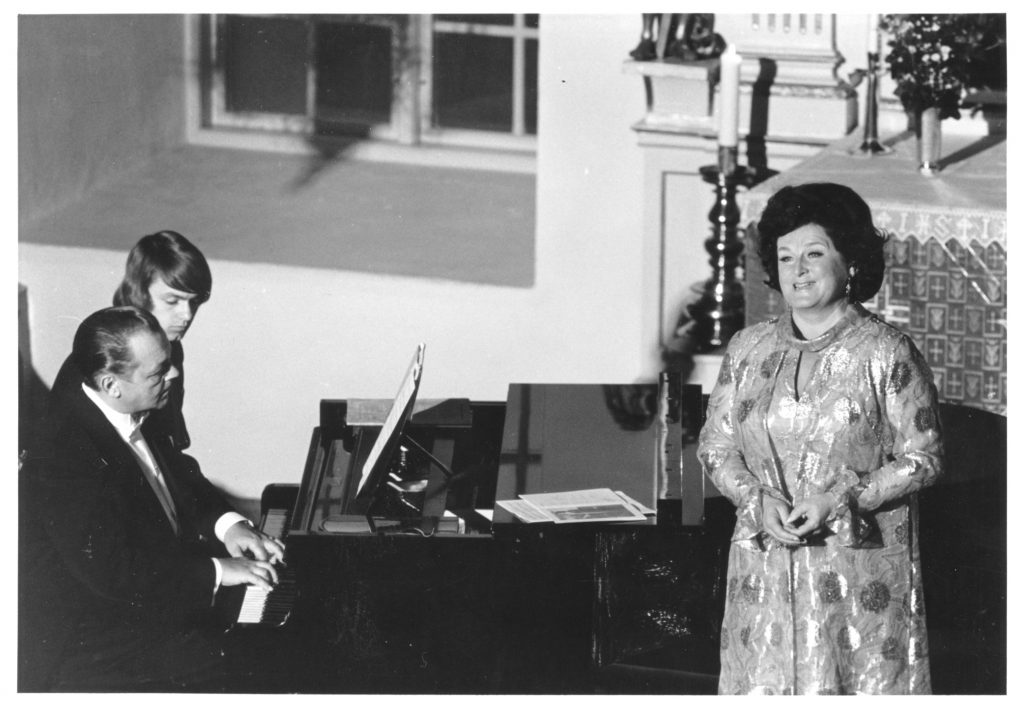
Bayreuth and Buenos Aires
With her interpretation of numerous Wagner title roles, Birgit Nilsson became part of the history of the Bayreuth Festival after World War II: Between 1957 and 1970, Nilsson was regularly engaged as a singer at the Bayreuth Festival.
Birgit Nilsson’s Wagner interpretations carried her as far as South America: in 1955 the opera singer made her debut at the Teatro Colón in Buenos Aires as Isolde from Tristan und Isolde (Wagner).
In 1958, another highlight in Birgit Nilsson’s career followed: she made her debut at the legendary Italian opera house La Scala in Milan as Brünnhilde and opened the opera season at La Scala with Turandot (Puccini). Nilsson was surprised by how difficult it was to excite Italian opera audiences: In an Italian opera house, a singer could be booed in one act and be given the biggest applause of her career in the next. Nevertheless, Birgit Nilsson fell in love with the Italian attitude towards life, the food and the culture – whether in New York, Vienna or in Milano: Birgit Nilsson was welcome everywhere and felt almost at home.
Nilsson mastered it countless times during her career to shine in opera recordings.
The recording studio
Birgit Nilsson not only left a great legacy as a soprano on an opera stage: the numerous recordings Birgit Nilsson realized over the decades are the reason why the Swedish soprano is still remembered today and is considered one of the most accomplished Wagner interpreters of her generation.
Nilsson stood in front of a microphone for the first time in her life in the spring of 1947: In her memoirs, Birgit Nilsson describes that there are opera singers who are made for the microphone. But in her opinion, she herself did not belong to this category of singers: she always had to adapt to the recording studio, since it can be extremely difficult to convey in a studio the emotions that, as an opera singer, one otherwise only feels on stage during acting and thus conveys to the audience. Nevertheless, Nilsson mastered it countless times during her career to shine in opera recordings.
Until the mid-seventies, Birgit Nilsson regularly celebrated debuts in opera roles she had not interpreted before: she constantly expanded her repertoire of roles. In 1976, Nilsson celebrated her thirtieth anniversary on the stage – for an operatic soprano who often interpreted vocally very demanding roles such as those from Wagner operas, such an anniversary was anything but a matter of course.
The “gift from heaven”
In her later years, Birgit Nilsson felt compelled to pass on her knowledge to young singers: From 1983 to 1993, she taught master classes at the Manhattan School of Music in New York City for ten years.
Apart from her knowledge and legacy as a soprano, Birgit Nilsson left another great treasure to posterity: since her death, the Birgit Nilsson Prize has been awarded at regular intervals to eminent singers, conductors and institutions who have achieved great things in the field of the art of song (opera, concert, oratorio, lied). The Birgit Nilsson Prize is the most highly endowed music prize in the world of classical music.
In 1984, Birgit Nilsson gave her last public performances during a concert tour of Germany: It was the finale of a great career as a soprano.
It had all started when the “singing farmer’s daughter” had decided that music would be her life: Nilsson proved not only to herself and not only to her parents, but to a broad public that one’s origins do not play a role in what artistic achievements one is capable of.
Nevertheless, had it not been for the “gift from heaven,” as Nilsson called it, in the form of wealthy transients who owned a villa near the Stockholm Academy of Music, who one day came to the parental farm, Birgit Nilsson would probably never have existed in this form.
Main source: Nilsson, Birgit: La Nilsson – My Life in Opera, 2018 VfmK Vienna
Cover picture: Birgit Nilsson in 1967 at a concert in Sweden. By courtesy of the Birgit Nilsson Museum.
Der Bussard expresses its gratitude to the Birgit Nilsson Museum for its support.

 Deutsch
Deutsch Français
Français
